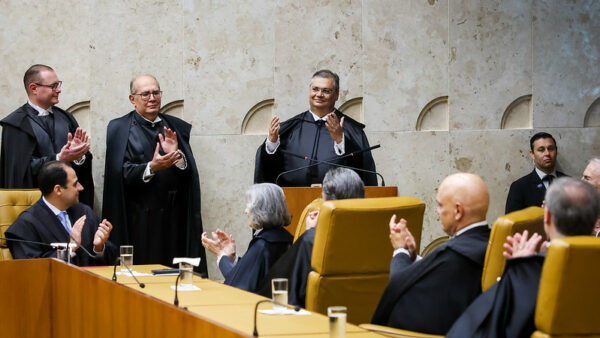2019 was a turbulent year in Congress, to say the least. An apparently interminable 12 months came to an end on December 20 with the approval of the 2020 federal budget, sending politicians off on holiday until February. Besides the heated and lengthy debates over the major pension reform approved this year, there was much friction between the congressional heads—Davi Alcolumbre in the Senate and Rodrigo Maia in the House—with President Jair Bolsonaro.
Without a doubt, the biggest vote in 2019 was the overhaul of Brazil’s social security system. Even with relatively little opposition, the government’s interference (or lack of) delayed the process numerous times. If that were not enough, the president’s former party, the Social Liberal Party (PSL), imploded under accusations of corruption and split into two groups: the remaining party members and the Bolsonaristas, who are moving to defect to a new party, entitled the Alliance for Brazil.
In 2020, one of the biggest fights in the lower house will be the election of a new Speaker. Incumbent Rodrigo Maia is no longer eligible for re-election, meaning the race is wide open.
Below, we have summarized some of the most important votes to take place in Congress this year.
House of Representatives
Administrative reform
A bill has not yet been submitted, but House Speaker Rodrigo Maia has already stated that the matter will be addressed with in February. The Executive’s idea is to put an end to the statutory regime, which provides different rules for public servants as opposed to regular registered workers.
Imprisonment after a failed appeal
The proposed constitutional amendment allows for imprisonment after an appeals court conviction will be one of the most controversial issues facing the House of Representatives in 2020. In addition to dividing opinion, the way the change is made could affect other areas of law. The proposal amends articles 102 and 105 of the Constitution, stipulating that the sentence will become final after a single failed appeal, and no longer when all appeals routes have been exhausted.
Central Bank independence
Another issue that, according to Rodrigo Maia, will be a priority in the lower house is the...


 Search
Search






































